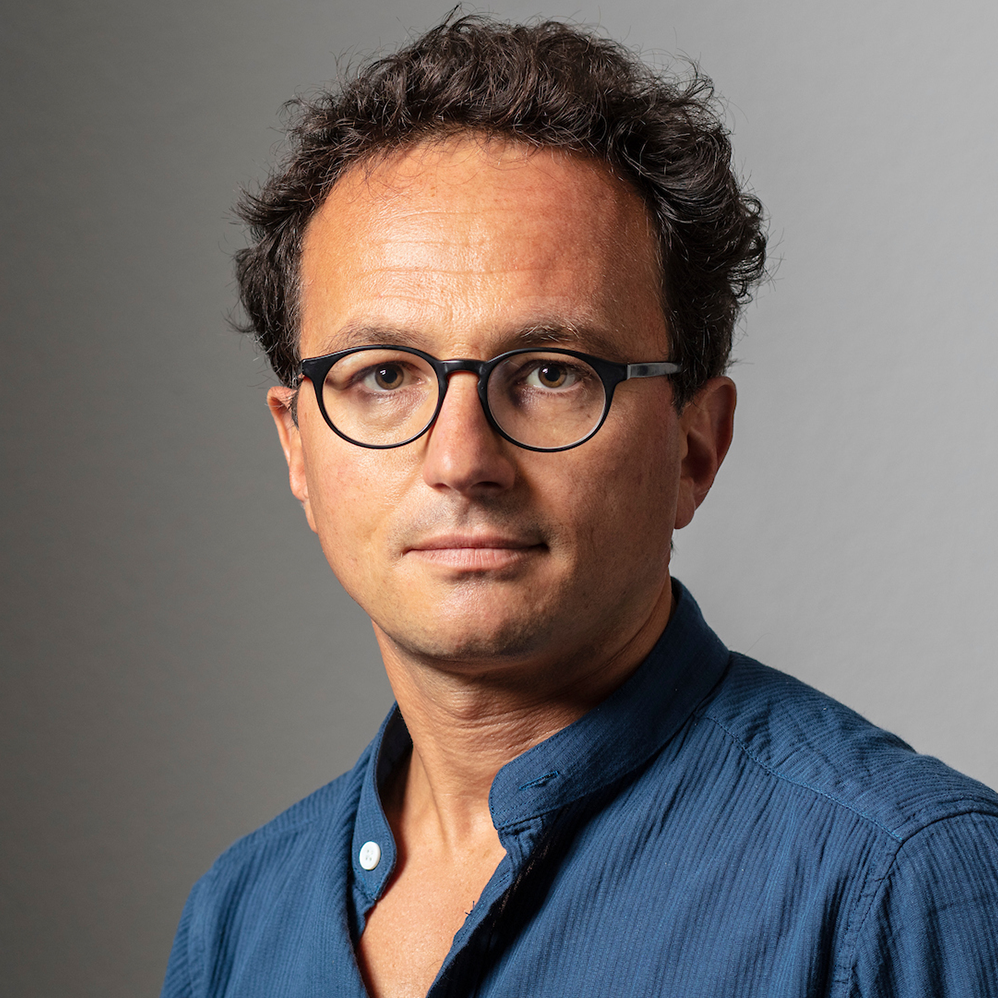Covid-19: WHO really calls the shots?
Its job is to promote universal health care, set standards and coordinate the world's response to health emergencies. When a new coronavirus appeared in late 2019, the World Health Organization (WHO) was thrust into the spotlight, and used - by some - as a scapegoat for the failure to contain Covid-19.

The filmmaker from Italy, who was raised in Africa, calls Switzerland home now. Carlo studied film directing at the Italian National Film School, worked as a documentary editor and director/producer in Berlin and Vienna. He crafts multimedia into engaging narratives.
-
DeutschdeCovid-19: Hat die WHO wirklich das Sagen?Read more: Covid-19: Hat die WHO wirklich das Sagen?
-
FrançaisfrCovid-19: L’OMS mène-t-elle la barque?Read more: Covid-19: L’OMS mène-t-elle la barque?
-
EspañolesCOVID-19: ¿es la OMS quien lleva la voz cantante?Read more: COVID-19: ¿es la OMS quien lleva la voz cantante?
-
العربيةarمنظمة الصحة العالمية وجائحة كوفيد – 19: من يملك القرار حقّا؟Read more: منظمة الصحة العالمية وجائحة كوفيد – 19: من يملك القرار حقّا؟
The Geneva-based agency will again be the focus of media attention in late May when its decision-making body, the World Health Assembly, meets. High on the agenda will be proposals to improve emergency preparedness and ensure equitable access to vaccines.
But how much do we really know about the WHO? Who runs it, and how is its work paid for? What has it achieved since it was founded in 1948, and what has it been able – or unable – to do to respond to the Covid-19 pandemic?
Popular Stories

More
The citizenship obstacle course facing spouses of Swiss Abroad

More
‘Swiss engineering at its best’: the steepest cable car in the world

More
Swiss budget cuts increase pressure on International Geneva

More
A new start for the ‘sleeping beauty’ of the Swiss Alps




You can find an overview of ongoing debates with our journalists here . Please join us!
If you want to start a conversation about a topic raised in this article or want to report factual errors, email us at english@swissinfo.ch.